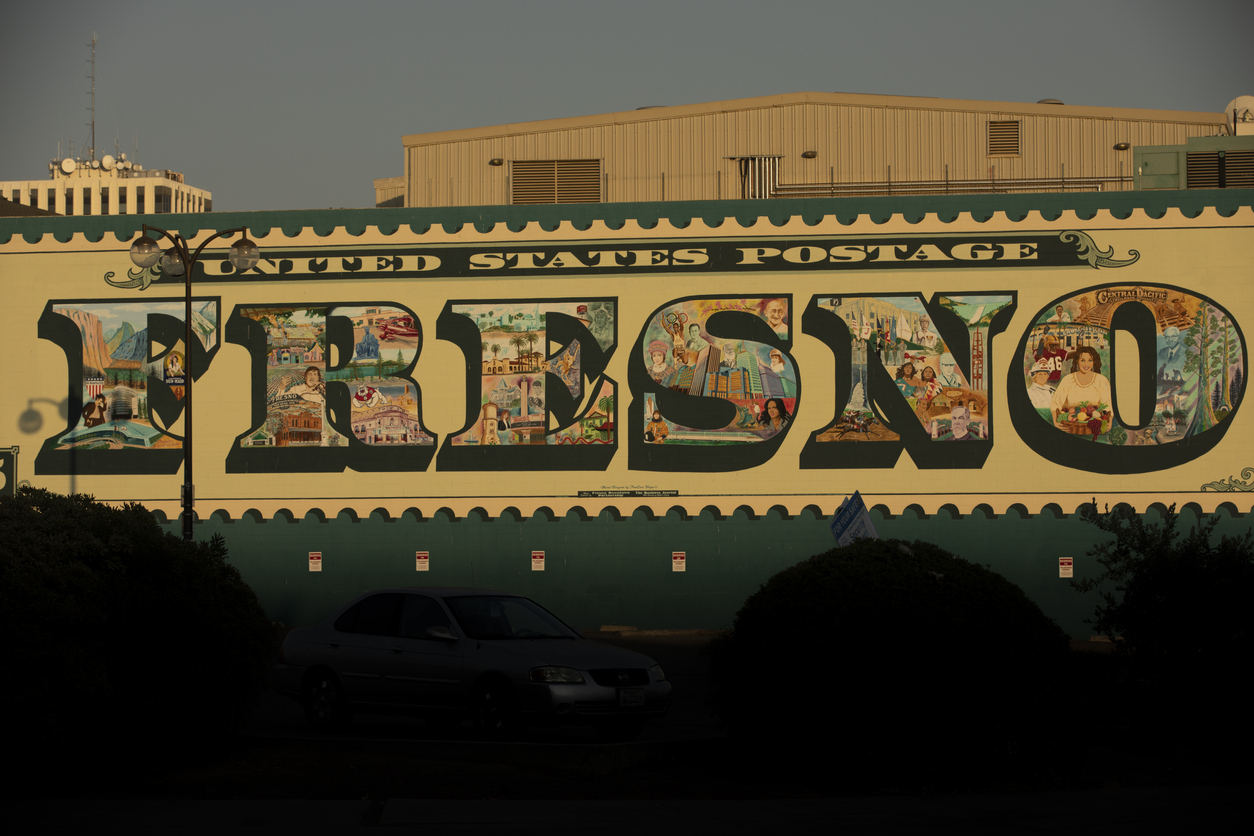Debacle of Measure E
FRESNO, Calif. – In November 2022, a Fresno County ballot measure – “Measure E” – was defeated in a public election by about 11,000 votes. Measure E, which was also called “California State Fresno Facility and Academic Program Improvement Initiative”, was calling for an additional 0.2% sales tax in Fresno County, which would have provided approximately $36 million annually for the next 20 years.
To a certain extent, the future of Fresno State athletics (and any potential conference realignment) was dependent on the passage of Measure E. Without modernized facilities, broadcasting studios on campus and competitive resources to induce recruits to Fresno, it is unlikely that Fresno would be a serious candidate to join a Power 5 conference.
In recent months, it has been rumored that Fresno State may be a target for the Big 12. With San Diego State’s on-again-off-again flirtation with the Pac-12 – and if we assume SDSU eventually lands in the Pac-12 – only two FBS California universities remain: Fresno State and San Jose State.
‘Elevate’ Campaign & Measure E Redux
So, the failure of Measure E in November, 2022 was a big blow to Fresno State athletics. In mid-May, the Fresno State athletic department launched its ‘Elevate’ campaign to raise more than $250 million to enhance and modernize its athletic facilities. News of the Elevate fundraising efforts came out coincidentally close to news of a ‘Measure E Redux,’ which will hit Fresno ballots in March of 2024 and will reportedly call for a 0.25% sales tax over the next 25 years.
When asked about the coincidental nature of Elevate and Measure E Redux, Fresno State athletic director Terry Tumey noted that the two initiatives are separate but did add that the 0.25% sales tax “would enhance [the campaign] tremendously”.
The failure of Measure E and the emergence of Measure E Redux again raises interesting questions. Should the public at large be responsible for funding enhancements to athletic facilities? Is it the responsibility of Fresno County citizens to make Fresno State viable for the Big 12? If the Elevate campaign is being built to succeed, why should any tax measures be necessary to further improve athletic facilities beyond what Elevate is supposedly going to achieve?
In sports, the financial burden for new stadiums – at the college and pro level (see: professional Oakland teams leaving Oakland for Las Vegas; the San Diego Chargers leaving for Los Angeles) – often fall onto the citizenry. But for Fresno, there seem to be more pressing issues facing its public.
Community Dilemma
Fresno has violent crime rates and property crime rates that are higher than the national average. In 2020, Fresno ranked 48th in the number of violent crimes per 100,000 people; among the 50 cities ranked in that category, Fresno ranked ninth in total violent crimes.
Fresno also ranked ninth in total murders.
All that background information to say…maybe Fresno’s taxpayers are better off spending any future state tax increases on areas that will secure the safety of its city and not the quality of the athletic locker rooms.
If and when the Big 12 comes knocking on Fresno State’s door, it will be to leverage the Fresno television market and the California Central Valley viewing audience. Why don’t we leave it to Fresno athletics’ fundraisers and donors to figure out how to make it happen?
Let’s leave the taxpayers out of it.


